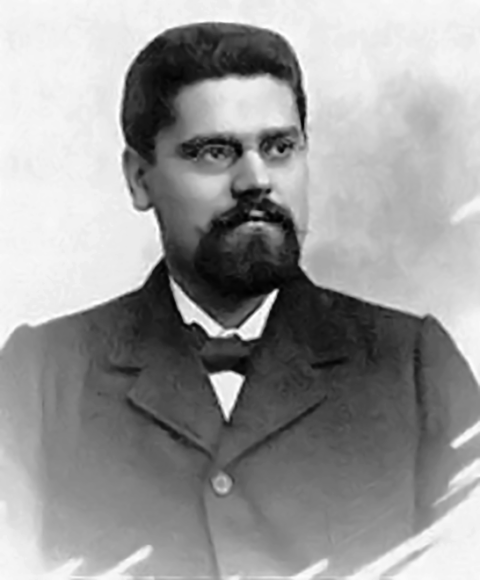Emmanuel Rincón on the Italian philosopher who created the ideological underpinnings of Benito Mussolini’s Fascist movement:
Giovanni Gentile, a neo-Hegelian philosopher, was the intellectual author of the “doctrine of fascism”, which he wrote in conjunction with Benito Mussolini. Gentile’s sources of inspiration were thinkers such as Hegel, Nietzsche, and also Karl Marx.
Gentile went so far as to declare “Fascism is a form of socialism, in fact, it is its most viable form.” One of the most common reflections on this is that fascism is itself socialism based on national identity.
Gentile believed that all private action should be oriented to serve society. He was against individualism, for him there was no distinction between private and public interest. In his economic postulates, he defended compulsory state corporatism, wanting to impose an autarkic state (basically the same recipe that Hitler would use years later).
A basic aspect of Gentile’s logic is that liberal democracy was harmful because it was focused on the individual which led to selfishness. He defended “true democracy” in which the individual should be subordinated to the State. In that sense, he promoted planned economies in which it was the government that determined what, how much, and how to produce.
Gentile and another group of philosophers created the myth of socialist nationalism, in which a country well directed by a superior group could subsist without international trade, as long as all individuals submitted to the designs of the government. The aim was to create a corporate state. It must be remembered that Mussolini came from the traditional Italian Socialist Party, but due to the rupture with this traditional Marxist movement, and due to the strong nationalist sentiment that prevailed at the time, the bases for creating the new “nationalist socialism”, which they called fascism, were overturned.
Fascism nationalized the arms industry, however, unlike traditional socialism, it did not consider that the state should own all the means of production, but more that it should dominate them. The owners of industries could “keep” their businesses, as long as they served the directives of the state. These business owners were supervised by public officials and paid high taxes. Essentially, “private property” was no longer a thing. It also established the tax on capital, the confiscation of goods of religious congregations and the abolition of episcopal rents. Statism was the key to everything, thanks to the nationalist and collectivist discourse, all the efforts of the citizens had to be in favor of the State.




